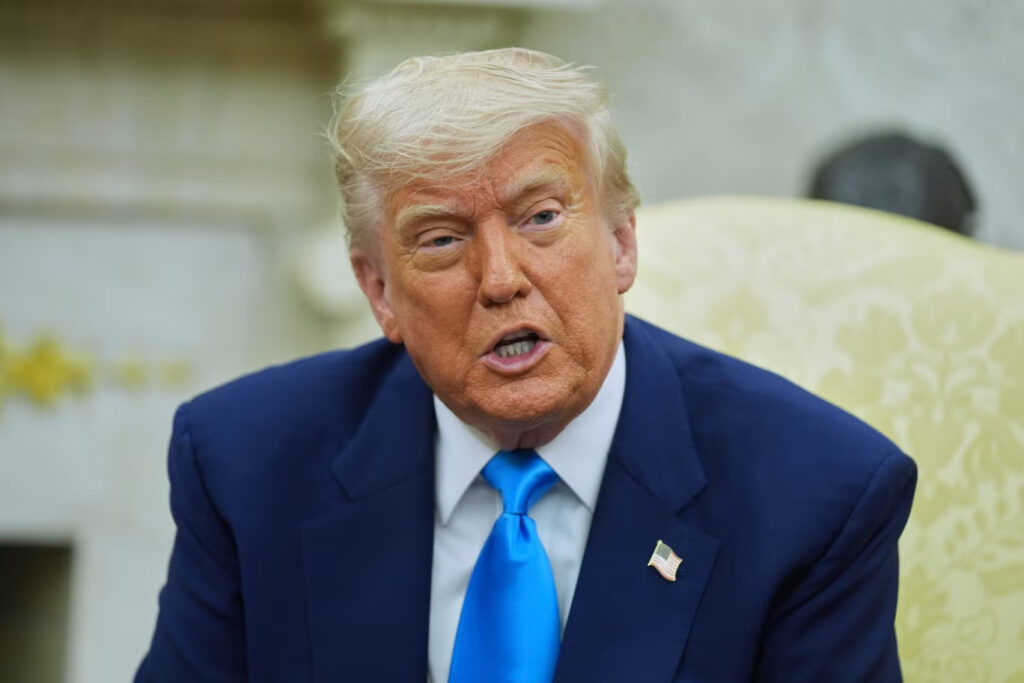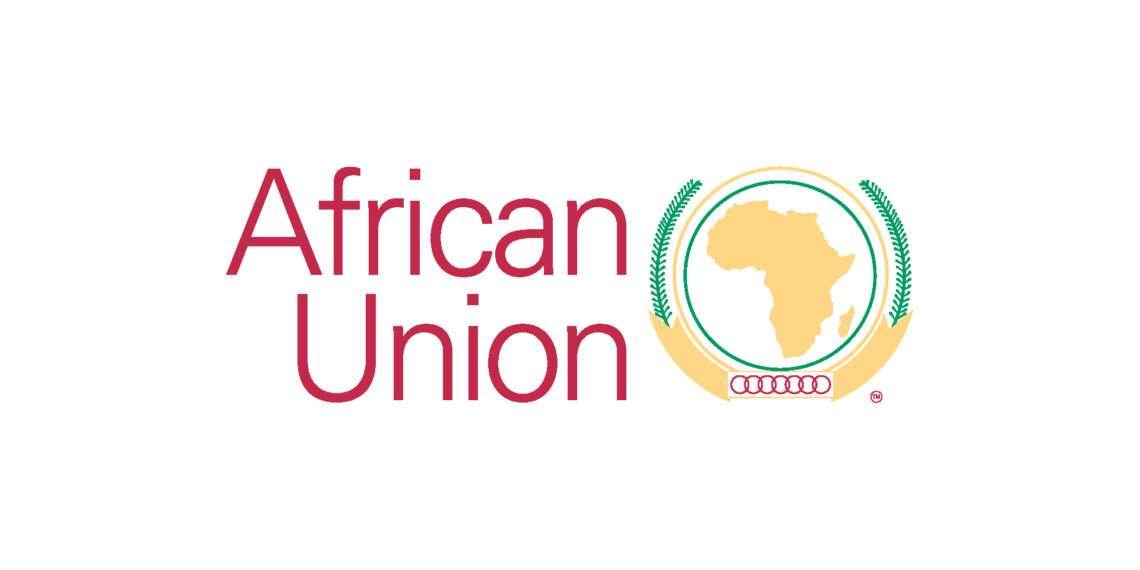The African Union Commission has responded firmly but diplomatically to the United States government’s decision to impose new travel restrictions targeting nationals from several countries, many of them in Africa.
In a statement issued today, June 5, 2025, the Commission expressed concern over the far-reaching consequences of the U.S. proclamation signed by President Donald Trump. The move, which takes effect on Monday, June 9, 2025, bars entry for citizens of 12 countries and imposes partial restrictions on seven others.
While the AU acknowledged the right of nations to protect their borders, it also urged the United States to act with consideration for its long-standing partnerships across the African continent.
“The African Union Commission respectfully appeals to the United States to exercise this right in a manner that is balanced, evidence-based, and reflective of the long-standing partnership between the United States and Africa.”
AU
The travel ban affects countries, including Afghanistan, Chad, Equatorial Guinea, Eritrea, Haiti, Iran, Libya, Myanmar, the Republic of Congo, Somalia, Sudan, and Yemen. However, seven other nations — Burundi, Cuba, Laos, Sierra Leone, Togo, Turkmenistan, and Venezuela — will face partial restrictions, with access suspended under several visa categories.
According to the U.S. proclamation, the action is intended to improve national security and address concerns about terrorism. The administration cited “unacceptable” visa overstay rates, refusal by some governments to accept the return of their nationals, and inadequate screening and vetting procedures as justification.

AU Calls For Balanced U.S. Engagement
Despite these stated security concerns, the African Union has voiced concern over the wider implications of the policy. The Commission fears that the restrictions could undermine cultural exchange, educational programs, business partnerships, and diplomatic ties nurtured between Africa and the United States over many years.
It reminded the U.S. that “Africa and the United States share mutual interests in promoting peace, prosperity, and global cooperation.”
The Commission’s statement also proposed a shift in approach, encouraging Washington to adopt a more consultative strategy before implementing sweeping restrictions that affect international relations. “The African Union Commission respectfully calls upon the U.S. Administration to consider adopting a more consultative approach and to engage in constructive dialogue with the countries concerned,” the statement urged.
In a nod to diplomacy, the AU expressed its readiness “to support efforts that promote understanding, resolve concerns, and strengthen cooperation between Africa and the United States.”
Meanwhile, exemptions to the ban have been outlined by the U.S. government. These include lawful permanent residents, individuals traveling on diplomatic visas, and immediate family members under immigrant visa categories. Additional exemptions cover international adoption cases, dual nationals holding passports from non-restricted countries, and athletes participating in global events like the Olympics or the World Cup.
But for millions of Africans, especially those with personal, educational, or economic ties to the U.S., the announcement has sparked worry and disappointment. The AU’s latest statement echoes those concerns while leaving the door open for dialogue.
With this new development potentially straining cross-continental relations, all eyes will be on whether Washington responds to Africa’s appeal for partnership and engagement, rather than a unilateral approach to security.
READ ALSO: Cedi to Remain Stable Against Major Currencies- Finance Minister Assures Ghanaians























